
views
A doctor is always the saviour. But what about the times when a doctor needs saving? For the most part, medical practitioners are viewed with respect and even revered as anthropomorphised Gods who heal the sick and bring back loved ones from the jaws of death. But sometimes, grief of losing a family member, inability to change the course of fate is debilitating enough for families of patients undergoing treatment to lose their cool. And the same God-like doctors end up facing the wrath.
In fact, the assault on doctors is an important issue that often does not get the attention it deserves, especially in the capital where doctors in government hospitals often face violence and harassment at the hands of disgruntled relatives or misbehaving kin of the patients.
With a view to improve the safety of resident doctors, the Delhi government has mandated institutional FIRs in cases of assault on doctors. A circular issued by Sanjeev Khirwar, principal secretary of health for state, articulated that it would be incumbent upon the medical superintendent or the head of the institution to ensure an institutional FIR in case of an incident of assault is filed, failing which it would face action.
While the move has been met with cheer from the medical fraternity, many feel that the order is just the first step and not the end-all in terms of improving safety of doctors and other medical professionals in hospitals.
Starting Point
According to Dr Rakshit Garg, resident doctor at Lok Nayak Jay Prakash (LNJP) hospital in New Delhi, the order is both good and bad. The public hospital, with a capacity of 1,837 beds, has the distinction of being one of the busiest in the city, with a footfall of nearly 5,000 patients everyday. In 2013, a woman doctor was assaulted here, causing massive uproar among the doctors, who went on strike. A similar incident happened last year in March after two doctors were assaulted by an angry mob.
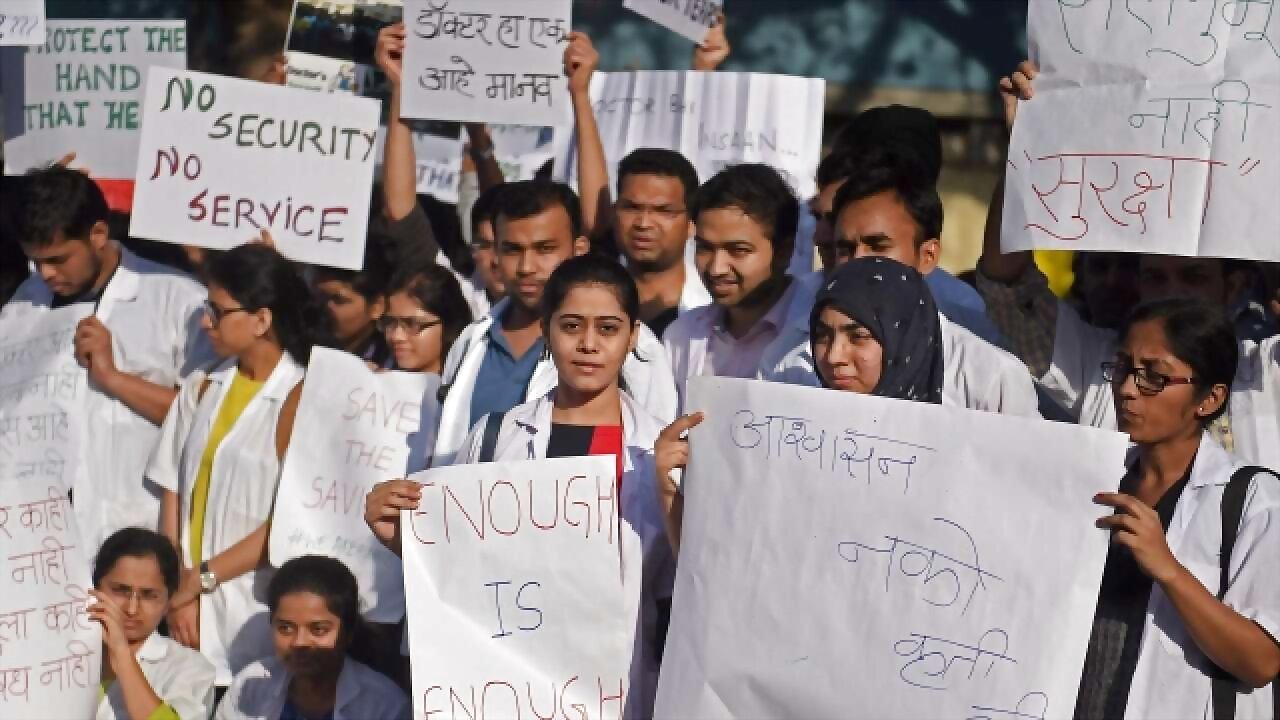
Doctors protesting against atrocities against medical professionals | Image credit: PTI
Garg felt though the government's order was a decisive first step, as it would encourage more doctors who face assault to report it.
"Right now, in my experience, only about two out of eight cases get reported. If the state offers prompt legal response, then more doctors would come try to fight it out in courts," he said.
However, the doctor felt that the singular order exposed certain problems. Firstly, the government does not provide any legal aid to the head of the institution or their office. Secondly, it does not clarify the details about who would be representing the victim in the court proceedings, the victim themselves or institutional representatives.
"Would the person sitting as the chair attend court proceedings? Many times victims and perpetrators settle outside the court and yet the case goes on. What about then? The legal document does not yet reflect any difference in case of an institutional FIR," Dr Garg stated.
High pendency of such cases in courts, overdrawn proceedings and the necessity to report back to the court on a regular basis are among some of the factors that influence a doctors' decision to report an assault. Dr Garg further added that as an administrator he felt an element of doubt.
Delhi Health and Family Welfare Department's Special Secretary RP Meena clarified that it was not the Office of the institutional head but the institution itself that would be filing the FIR.
"These cases often go on beyond the victim doctor's tenure. In case of an institutional FIR, the individual would be absolved of the onus to carry the investigation forward. It will definitely helped them report such cases more, in turn, curbing them," Meena said.
Mind and Muscle
Doctors have for long been fighting for increased protection on hospital premises. High number of patients, with doctors hard pressed for resources and time, often create unruly situations for relatives of patients, many of whom have unrealistic expectations from doctors that implode in violent expressions when they are not met.
"In most cases, conflict is caused due to the information gap between the patients and the doctors, ineffectual communication and a range of emotions felt by the relatives of patients", said Dr RV Asokan of the Indian Medical Association. "We have for very long been asking for a separate counseling department for all patients which will be dedicated to maintaining effective communication with these grieving, confused family members and offer them valuable insights and perspective," Dr Asokan said.
Behaviour therapy has long been part of medical training and most doctors are trained in dealing with patients. However, the growing potency of mobs has created fear among the minds of the doctors. "It affects their work if they know that they will get beaten and abused in case of failure. In case of doctors, that kind of pressure could be fatal," Asokan said.
RP Meena of the state health department, however, disagreed with the effectiveness of the idea of counselling for patients and relatives.
"Often patients come flanked by their extended families, sometimes entire villages. Public hospitals are often hard-pressed for resources and staff," Meena said. "Creating a separate counselling department and holding sessions for all the relatives and accompanying members is not very practical or time-effective during emergencies".
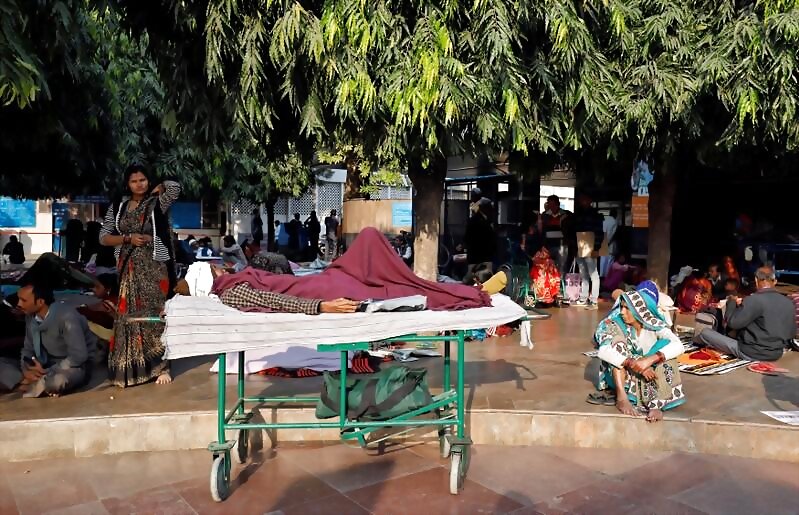
File Photo: Patients and their attendants wait outside the Out Patient Department (OPD) at a government-run hospital in New Delhi, India, November 22, 2017 | Image credit: Reuters
There is another way to stop unruly individuals from attacking doctors. Many doctors have often sought a registry of offenders who create a ruckus inside hospitals or indulge in verbal or physical abuse as one way to curb the tendencies of abuse among relatives. In fact, such a registry has been in the Association's agenda for some time.
However, Dr Asokan cautioned against the potential ethical dilemma that such a solution may cause.
"We have to remember that these 'perpetrators' of said violence could also need to go to hospitals. When we enter such cases of violence in a registry, we must enter details of these people too," Dr Asokan said. "It endangers their chances of getting optimum and unbiased treatment in medical institutions in future," he said.
Dr VK Tiwari of Ram Manohar Lohia hospital told News18 that the problem is societal. People were increasingly becoming short tempered. Various social problems also added to the issue. "In the last decade or so, there has been an increase in attacks. But that's also largely because the number of incoming patients has doubled. It's only natural that these tensions would increase".
He felt that an important aspect of improving the safety of doctors was by improving the security systems employed by hospitals. Trained guards and administrators who can aptly deal with conflict situations can easily help contain stressful situations.
According to a recent report in The Indian Express, ten cases of assault upon doctors have been reported in Delhi hospitals. The government's order has come after years of protests by doctors and its effectuality, so far, remains unclear.
Earlier this year, the AAP government introduced "happiness therapy" for doctors in an apparent attempt to lighten the mood. While announcing it, minister for health Satyender Jain said that it would encourage "speedy recovery" of patients and improve the bond between patients and staff. The therapy included doctors, patients and their families to sing and dance together.
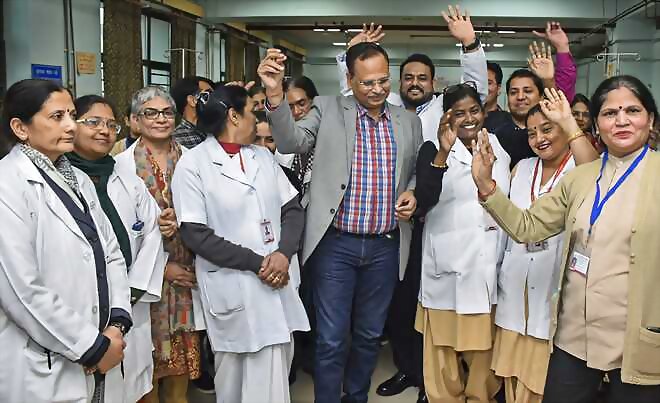
Delhi health minister Satyendra Jain shaking a leg with staff of GTB Hospital at an induction ceremony of 'Happiness Therapy' sessions across Delhi in Janauray this year | Image credit: PTI
However, Dr Garg of LNJP was more cynical. "It is a mockery of the dignity of doctors in India. One cannot stupidly ape the West in everything," Dr Garg said. He hoped that the government would be able to back up the order with more institutional reforms aimed at protecting the life and dignity of doctors. And if Dr Garg had his way, ones that do not include song and dance.











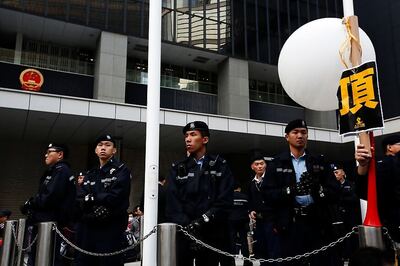
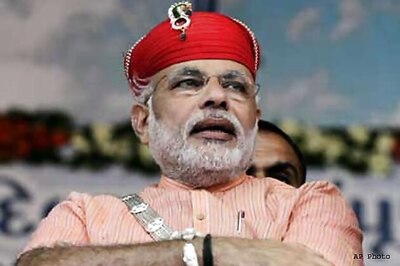
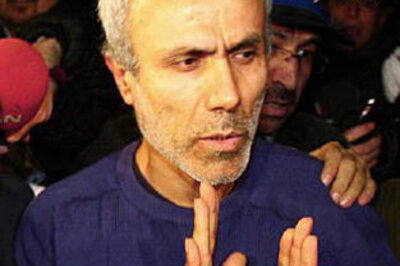


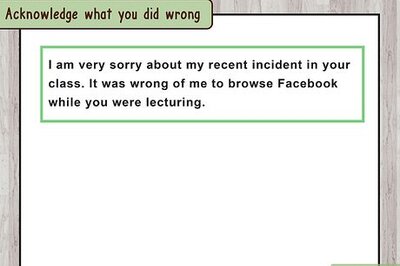



Comments
0 comment